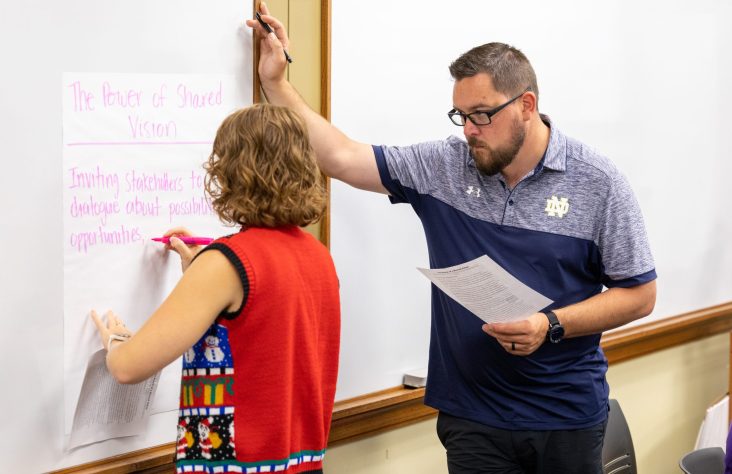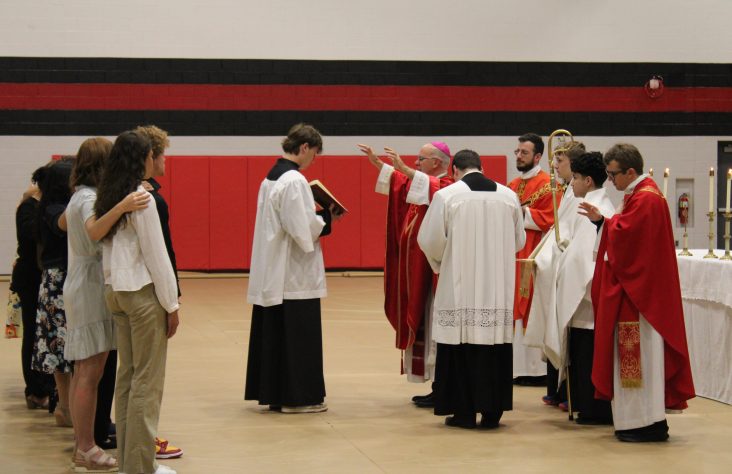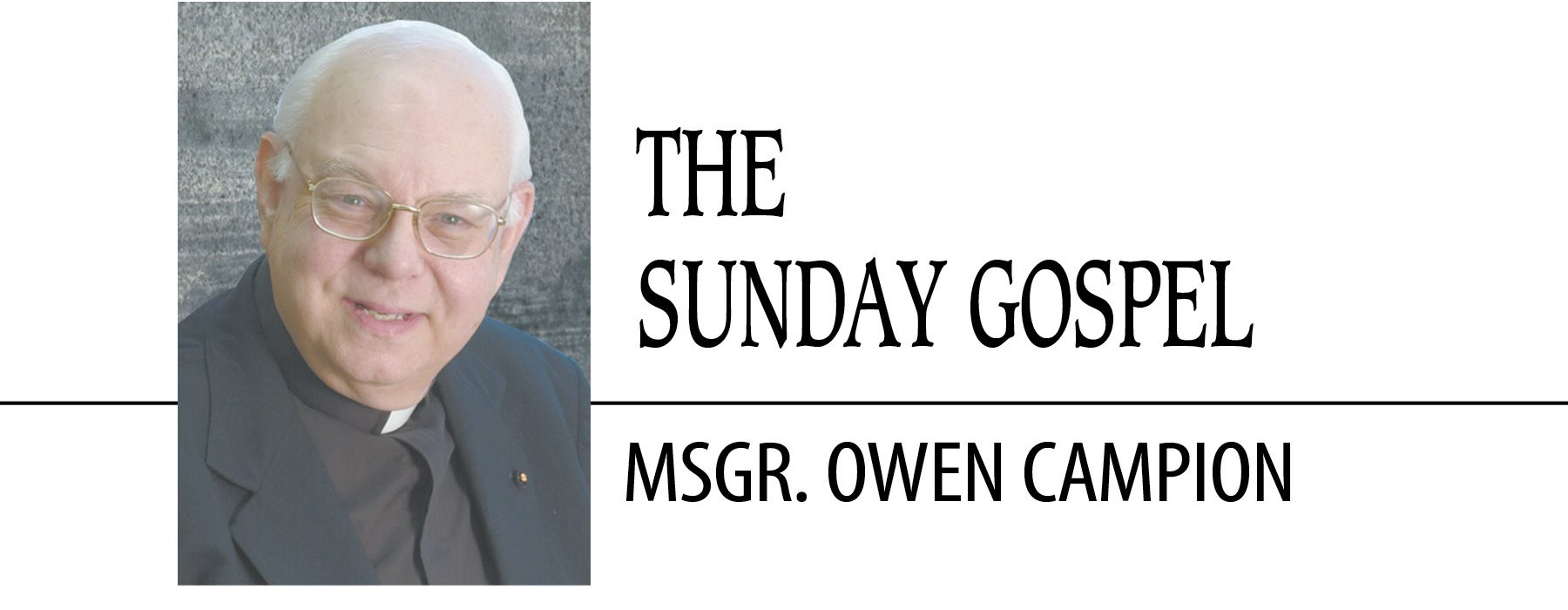February 12, 2022 // Perspective
Following God is the only lasting reality
Sixth Sunday in Ordinary Time
Luke 6:17, 2-26
For its first reading, this weekend’s liturgy presents a selection from the Book of Jeremiah. Jeremiah must have been intense in his personality. First, he was strongly committed to his calling to be a prophet. He keenly felt that God had called him, by name, to this role, and he believed that as a prophet, he made real God’s protection of the chosen people.
Upsetting him was the spiritual sluggishness, if not the downright sinfulness, of the people. Instead of following God’s will, they followed the fads of the time or the demands and thoughts of earthly leaders.
Jeremiah continually, and eloquently, insisted that true peace and well-being exist only by obeying God and by listening to God’s word in making decisions about life.
To use a simile, life may seem to be standing alone in a wasteland. Knowing God, and following God’s will, provides an oasis.
St. Paul’s First Epistle to the Corinthians supplies the second reading. Paul’s two existing letters to them, both of which are in the New Testament, show us how challenging he found their tendency to accept the Gospel half-heartedly or with reservations.
In a way, it is understandable that they were difficult to convince and to convert. They lived in a city renowned across the Roman Empire for its material excesses. The name of Corinth was a synonym for a place where sexual promiscuity was rampant and celebrated. Being in such surroundings surely made attention to the spiritual foundations of the Christian Gospel anything but quick and easy.
Paul calls the Corinthians to spiritual values, insisting that these values alone endure and truly satisfy.
For its last reading, the Church this weekend gives us a reading from St. Luke’s Gospel. This passage is part of the synoptic tradition. Similar readings are in the Gospels of Matthew and Mark.
Luke’s approach to religion was very similar to that of Jeremiah. Luke’s approach was urgent and bold. He minced no words. He cut to the chase, in modern-day terms.
So, the situations in the life of Jesus that appealed to him were those in which the Lord was emphatic and the most direct. Such directness at times took the form of warnings, as is the case in the latter part of this reading, or on other occasions it appeared in a lesson or in a compliment.
Jesus makes very clear that true discipleship involves the spirit. The things of this earth come and go. They may well be a mirage, with no permanent reward in them.
People who set their sights on material goals or live only for material advancements play a fool’s game.
Reflection
The Church in this liturgy, and through these readings, is beginning to prepare us for Lent, just more than a few weeks in the future. By definition, Lent will be a time of reflection, but to benefit us, our reflection must be completely focused and starkly realistic.
It will be useless if we do not face facts. In these three readings, ending with the words of Jesus, the Church presents as the most fundamental facts the reality that earthly incentives are fleeting in survival and rest on quicksand.
Only the spirit is everlastingly alive. Thus, only judgments based on spiritual motives have lasting effects. In these quite somber teachings, the Church leads us down no primrose path. Instead, very honestly, it warns us that we are of this world, so the enticements of the world are especially appealing to us. Nevertheless, they ultimately bring us only emptiness and maybe eternal death. What is our hope? Our only assurance? It is the Lord Jesus.
Choosing our future is our decision. The Church, through these readings, calls us to decide, thinking about reality.
The best news. Delivered to your inbox.
Subscribe to our mailing list today.






